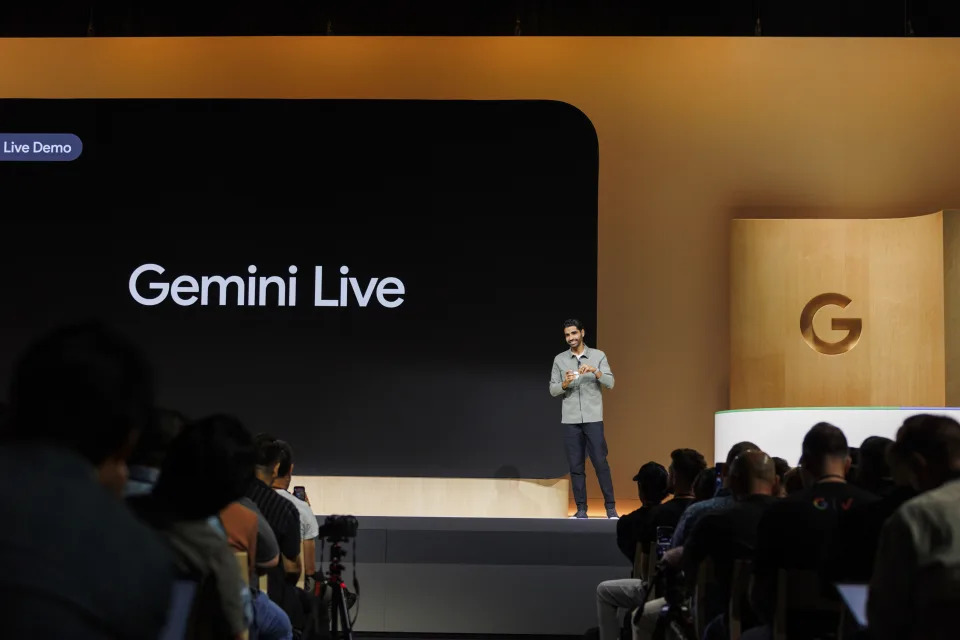Google revamps controversial AI image generation tool after backlash
After Google pulled the ability for its AI chatbot to generate images of people, the search giant is reintroducing the feature following a high profile backlash.
Google on Wednesday said that it will start to roll out an updated image generation tool for users of the English-language version its AI chatbot, Gemini Advanced. The service will also feature Google's latest image generation model, Imagen 3.
In February, Google disabled the ability of users to generate images of humans after the company acknowledged that its tool would "overcompensate" in seeking to depict diverse ranges of people, even in unrealistic or absurd scenarios. The episode highlighted the company's scramble to get in on the AI frenzy and the risks of releasing new technology without rigorous vetting.
A social media firestorm drew attention to images that, for example, depicted a Black woman as a US founding father and showed Black and Asian people as Nazi-era German soldiers.
Some users wielded the results as evidence of an anti-white bias in what the tool generated.
The viral images sparked criticism from prominent figures, including X owner Elon Musk, who has previously criticized the perceived liberal bias of AI tools . Google CEO Sundar Pichai told staff at the time that some of the faulty responses were unacceptable, and that "we got it wrong."
"With Imagen 3, we’ve made significant progress in providing a better user experience when generating images of people," said Dave Citron, a senior director at Google, in a blog post on Wednesday.
The reintroduction is the latest development in Google's AI rollouts, which have been uneven at times.
Last year, Google fumbled the release of its initial AI chatbot Bard when it spit out inaccurate responses during a promotional video.
Taken together, the episodes underscored the perceived sloppiness of the launches and undermined Google's credibility just as tech giants were jostling for position amid the AI hype.

In an effort to prevent abuse, the tool won't support the generation of photorealistic scenes of identifiable individuals, minors, or excessive violence, Citron said.
"Of course, as with any generative AI tool, not every image Gemini creates will be perfect, but we’ll continue to listen to feedback from early users as we keep improving. We'll gradually roll this out, aiming to bring it to more users and languages soon."
Google's re-release comes at a fraught moment in the AI world.
In the months since the search giant originally released and pulled the tool, investors have wavered in their support of AI investments . Recent market volatility has resurfaced questions about the valuations of tech companies that have thrown enormous resources behind ambitious AI buildouts.
The competitive landscape has also changed.
While Google was previously seen as playing catch-up to Microsoft ( MSFT ), Apple has since joined the Big Tech AI party . And while the iPhone maker's rivals were dealing with boardroom drama and public backlash over AI developments, Wall Street has applauded Apple's efforts , highlighting the company's success at marketing AI tools in ways that other tech giants have struggled through.
Google's reintroduction of the image generation feature also came just ahead of a pivotal earnings release from Nvidia ( NVDA ).
Shares of the AI chip designer fell about 4% in after hours trading following a quarterly report that beat estimates for the top and bottom lines but failed to impress Wall Street. AI bulls saw a promising turn from Nvidia as a catalyst in what has been a challenging market for chips and AI companies.
Hamza Shaban is a reporter for Yahoo Finance covering markets and the economy. Follow Hamza on X @hshaban .

